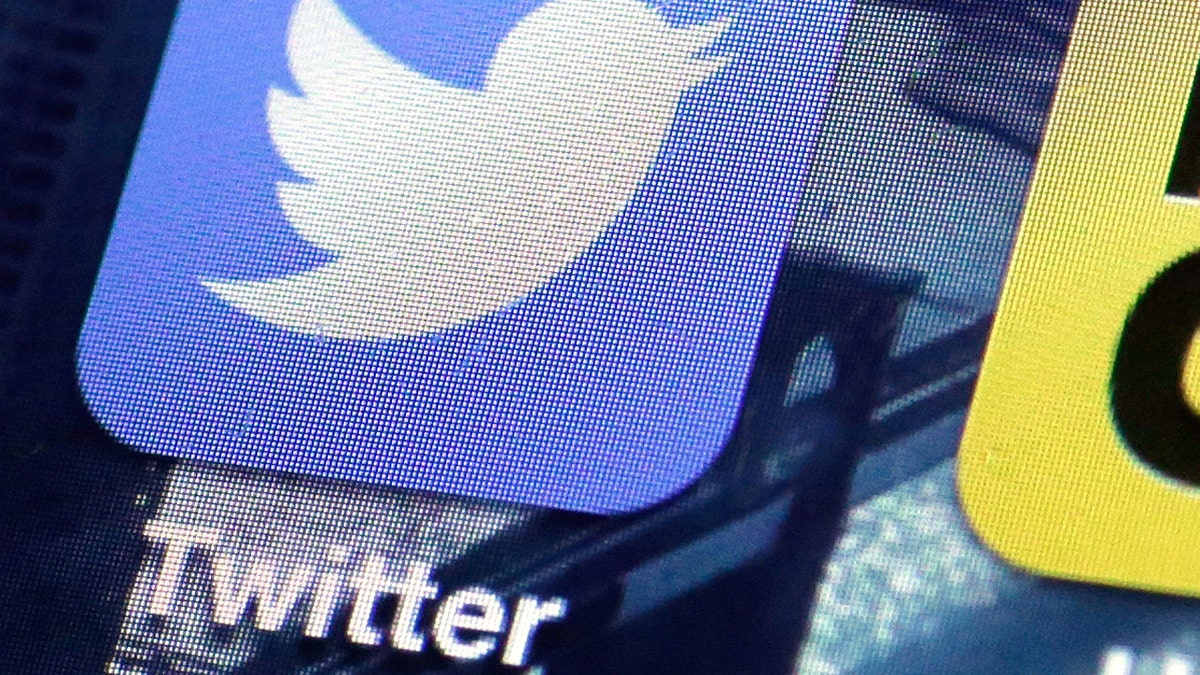Fox News Flash top headlines for February 13
Fox News Flash top headlines are here. Check out what's clicking on Foxnews.com.
Researchers at MIT Sloan School of Management found that politics is the tie that binds strangers on social media.
Democrats and Republicans are equally likely to favor those with the same party affiliation when deciding who to follow on social media, an MIT Sloan School of Management study said.
The "experiment" created bot Twitter accounts with identical descriptions, except for their political party and the strength of their party identification. The accounts followed Democratic and Republican users and analyzed how likely the users were to follow the bots back.
"Our experiment shows that shared partisanship does indeed have a large impact on social tie formation," MIT Sloan School of Management Prof. David Rand, one of the authors of the study, said in a statement.

Democrats and Republicans are equally likely to favor those with the same party affiliation when deciding who to follow on social media, an MIT Sloan School of Management study said. (AP Photo/Richard Drew, File)
On both sides, users were roughly three times more likely to form social ties with strangers who identify with the same party, compared to "counter-partisans," Rand said.
The study also found that these new social ties were not just based on "pre-existing social circles or algorithm-suggested connections." Instead, people were much more likely to connect with total strangers because of shared political views.
TWITTER EXPANDS LABELS TO G7 STATE-AFFILIATED ACCOUNTS, COUNTRIES ACCUSED OF UNDERMINING RULES
"These results emphasize the fundamental psychological bias many people have against interacting with those who do not share their partisanship," said Rand.
That isn’t necessarily a good thing, however. After the recent presidential election, political divisiveness is a bigger issue than ever in the U.S., the study said.
If social media platforms want to foster more connections across party lines, they will likely need to find other "friend recommendation" algorithms to counteract the biases, according to the study.
As a backdrop, the study said that partisanship is a "core element of social identity" for many people.
Americans tend to distrust and dislike those from the opposing political party. And often report that they are unwilling to be friends with members of the opposing party, an introduction to the study said.
CLICK HERE TO GET THE FOX NEWS APP
"Americans are substantially more likely to have face-to-face social interactions with co-partisans and to be connected to co-partisans on social media networks," according to research cited in the study.
This all contributes to "echo chambers" where like-minded individuals exchange information with, and influence, those who share similar worldviews.
In addition to Rand, MIT Sloan Research Affiliate Mohsen Mosleh, MIT Sloan's Cameron Martel, and Professor Dean Eckles were authors of the study.

